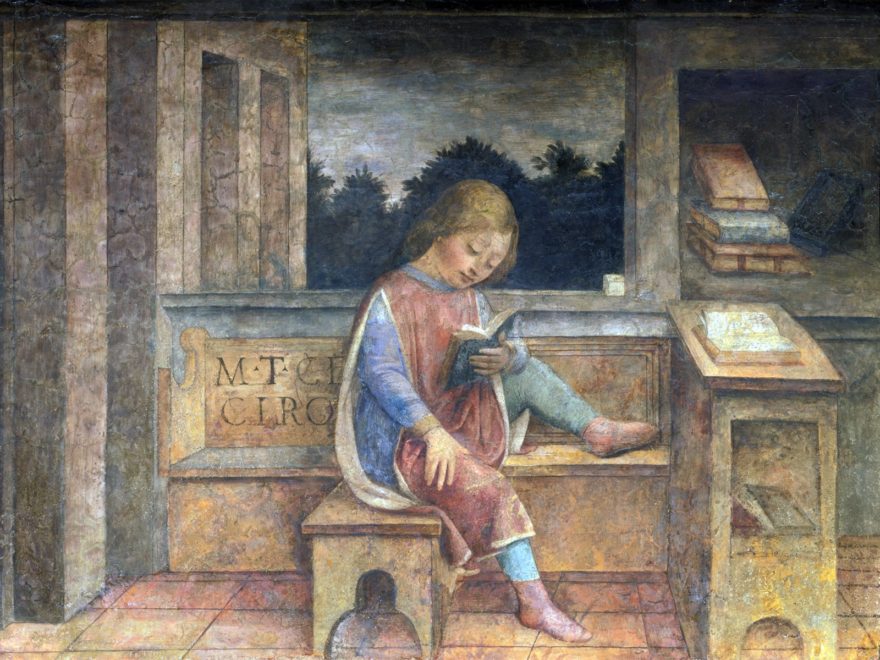Tag: children as persons
-

The Personhood of the Child: Book Review of Deani Van Pelt and Jen Spencer’s Students as Persons
In this series, I want to review and highlight the Charlotte Mason Centenary Series of monographs released in 2023. The 18 books in this series are brief and readable volumes that encapsulate a diverse range of topics related to the life, writings and philosophy of Charlotte Mason. My intention is to select a few of…
-

The Soul of Education, Part 1: What Is a Human Being?
Every educational philosophy necessarily relies on a pre-existing view of the human person. Anthropology informs pedagogy. Many of the problems that classical Christian educators have identified in conventional education have their roots in a false or insufficient view of human beings. The factory model of education, for instance, underrates certain aspects of human development and…
-

Renaissance Children: How Our View of Children Shapes Our Educational Aims
Perhaps no figure in Twentieth century America captured the idealization of childhood innocence better than Norman Rockwell. His paintings, appearing regularly on The Saturday Evening Post, often included children who evoked an innocence untouched by hard realities that grown ups experienced through the Great Depression and two World Wars. Consider the painting Marble Champion. This…
-

Exploring Educational Alternatives: A Comparison of Charlotte Mason and Maria Montessori
The early 1900s was a watershed moment in education. The second wave of the Industrial Revolution brought about what we might call the educational-industrial complex. Here I intentionally draw upon Dwight D. Eisenhower’s 1961 Farewell Address when he warned against the disastrous potential of the military-industrial complex. Looking back over the previous decades of global…
-

Training the Prophetic Voice, Part 1: The Educational Heart of God
The God we worship and serve is an educating God. Our God has chosen to reveal himself to those whom he has created. God’s verbal communication with his creation is expressed in the opening of John’s gospel, “In the beginning was the Word.” Our God is a speaking God, which means he is continuously teaching…

